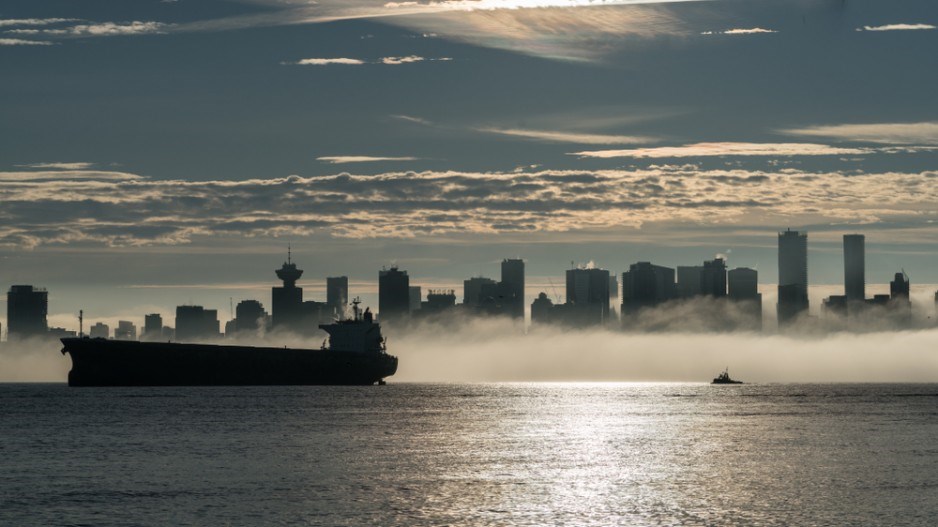Analysts have argued that taxation, a convoluted regulatory environment and other barriers to business investment are keeping foreign direct investment (FDI) out of Canada, and according to Jason Clemens, executive vice-president of the Fraser Institute, last week’s fall economic update is a far cry from fixing Canada’s competitiveness problem.
“Signals are important,” Clemens said. “The international business community is looking for signals that Canada is open for business again.”
He added that while Canada’s new accelerated depreciation allowances are a positive development, calling them temporary weakened the announcement.
“To me what that signals is this is a government that was reluctant to do anything.”
Statistics Canada data shows FDI fell more than 74% from 2007 to 2017.
The more than $32 billion brought in last year falls $23 billion short of the period’s $55 billion annual average. The past five years have seen a steady decline in FDI, which is down 55% since 2013.
Meanwhile, Canadian investment abroad has risen by nearly 74% since 2013. Some of the incentives announced last week have the capacity to target those funds.
“The hope is that that will encourage more Canadians to invest here, but I don’t see any reason why foreigners would invest more in Canada because of an accelerated depreciation,” said Clemens.
When it comes to attracting investments from abroad, several key indicators relevant to FDI show Canada could do better.
The Organization for Economic Co-operation and Development’s (OECD) FDI Regulatory Restrictiveness Index shows that last year, Canada’s policies around foreign investment in its extractive, manufacturing and services industries were two to three times more restrictive than OECD country averages.
Ease of doing business in 2018, as analyzed by the World Bank, ranks Canada 18th, behind its new transpacific trading partners Singapore, Australia and New Zealand. Canada was ranked fourth in 2007 – a year that happened to set an FDI record of more than $125 billion.
The Greater Vancouver Board of Trade’s Scorecard 2018 shows that U.S. corporate tax cuts have pushed a measure of Greater Vancouver’s tax competitiveness to the bottom of a pack of 17 comparable jurisdictions from around the world.
“There’s a bit of a battle for attracting foreign direct investment,” Daniel Schwanen, vice-president of research at the C.D. Howe Institute, told Business in Vancouver. “We should be and look more welcoming.”
Schwanen pointed out that Canada is one of a very small number of countries with a compulsory screening mechanism for large foreign acquisitions.
“It’s a bit of a useless test and it makes us look like we’re assuming that it’s a bad thing,” he said. “It’s not very good for our reputation.”
Schwanen sees a number of ways the Canadian government could improve its ability to attract investment, from explaining reasons for rejecting a proposed investment on principled grounds, to eliminating restrictions on share ownership in certain industries, retaining only those that achieve clear policy objectives.
At the provincial level, B.C. regularly ranks among the top five provinces for greenfield FDI dollars, according to the Inward Greenfield Foreign Direct Investment Performance Index. The province ranked sixth out of 26 jurisdictions but still got a C grade from the index in 2016 due to comparatively small FDI flows relative to the province’s size.
B.C.’s Ministry of International Trade is forecasting the province will receive $1.25 billion in FDI during fiscal 2018-19, and again in 2019-20.
Its strategies for attracting increased investment to B.C., as outlined in its service plan, include raising awareness of B.C.’s brand and working with HQ Vancouver to attract five Asian head offices to B.C. •




